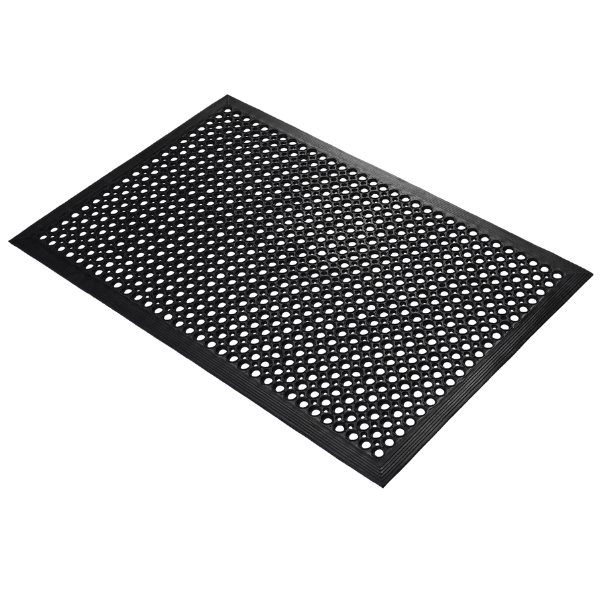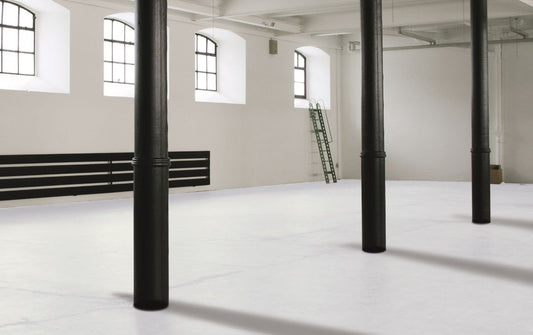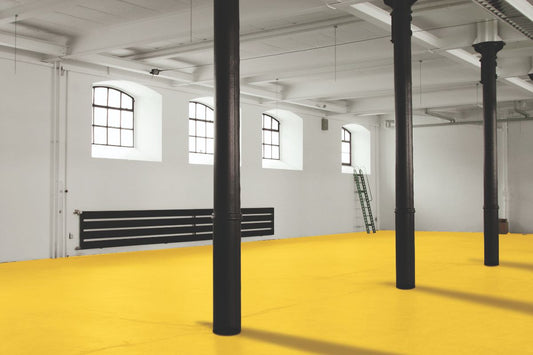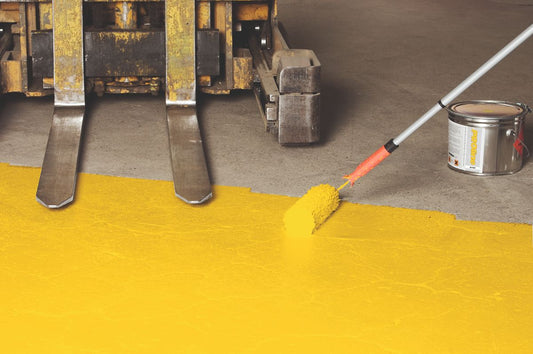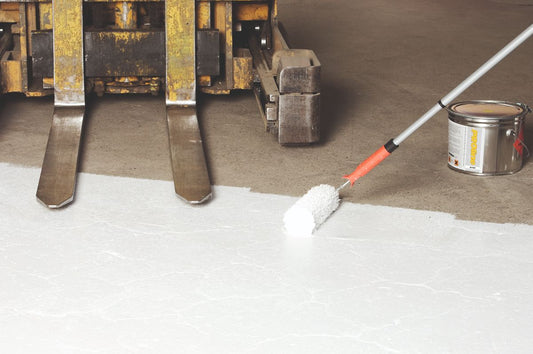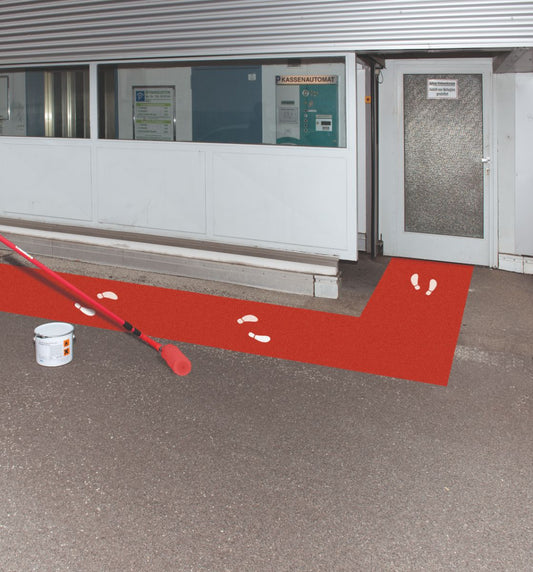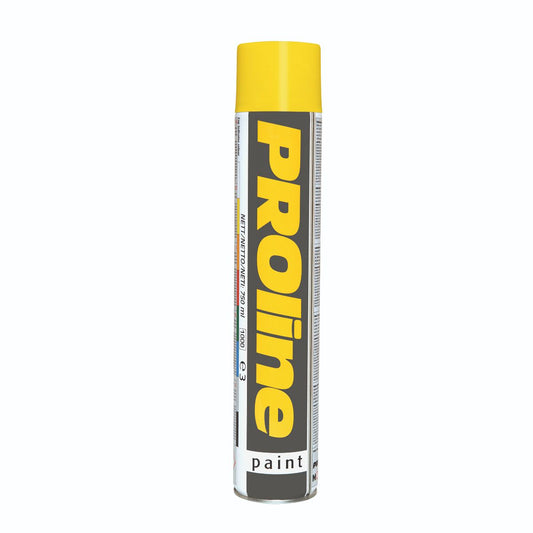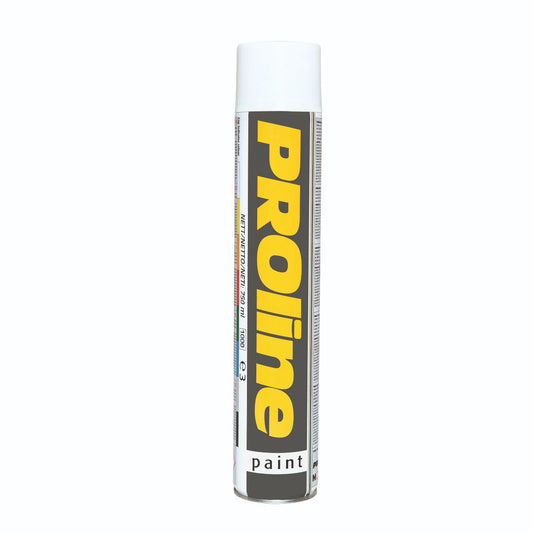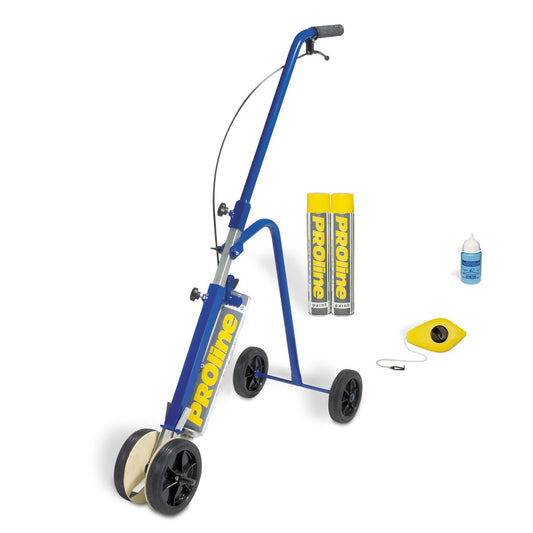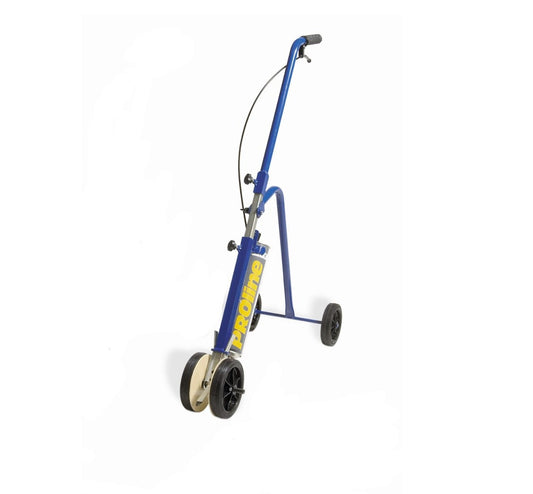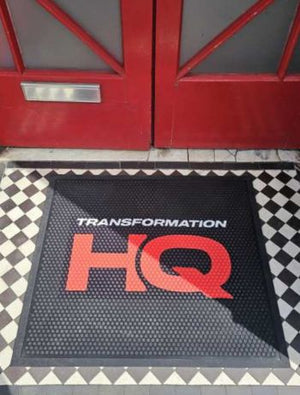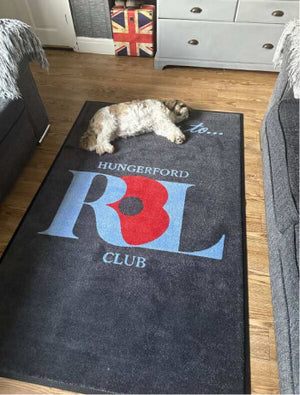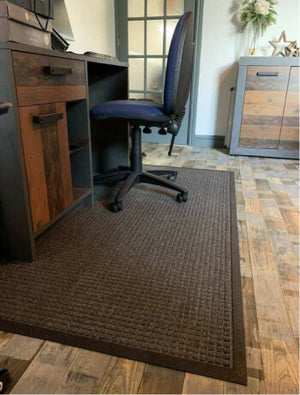Key Advantages of Industrial Floor Paint
Industrial floor paint provides a durable and protective coating for concrete surfaces, making it ideal for high-traffic areas such as factories, garages, and workshops.
Designed to withstand constant footfall, vehicle movement, and exposure to chemicals, it helps maintain a cleaner, safer, and more professional workspace. Many options include anti-slip properties to reduce accident risks, while chemical and oil-resistant formulas ensure longevity even in demanding environments. With fast-drying formulations available, businesses can apply the paint with minimal downtime, allowing operations to resume quickly.
Beyond functionality, industrial floor paint is available in a wide range of colours, making it useful for marking walkways, hazard zones, and designated workspaces. Easy to apply with a brush or roller, it provides a smooth, professional finish that enhances the overall appearance of an industrial setting. By investing in high-quality industrial floor paint, businesses can improve safety, protect flooring, and create a more efficient working environment.







